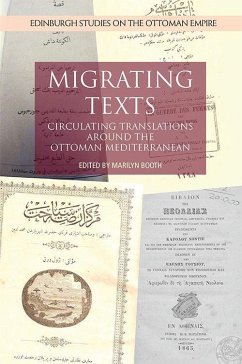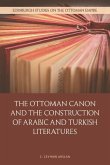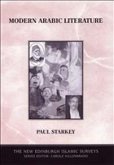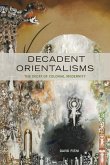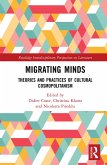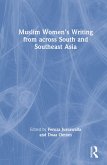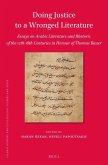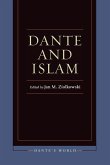Explores translation in the context of the late Ottoman Mediterranean world Fénelon, Offenbach and the Iliad in Arabic, Robinson Crusoe in Turkish, the Bible in Greek-alphabet Turkish, excoriated French novels circulating through the Ottoman Empire in Greek, Arabic and Turkish - literary translation at the eastern end of the Mediterranean offered worldly vistas and new, hybrid genres to emerging literate audiences in the nineteenth and early twentieth centuries. Whether to propagate 'national' language reform, circulate the Bible, help audiences understand European opera, argue for girls' education, institute pan-Islamic conversations, introduce political concepts, share the Persian Gulistan with Anglophone readers in Bengal, or provide racy fiction to schooled adolescents in Cairo and Istanbul, translation was an essential tool. But as these essays show, translators were inventors. And their efforts might yield surprising results. Key features ¿ A substantial introduction provides in-depth context to the essays that follow ¿ Nine detailed case studies of translation between and among European and Middle-Eastern languages and between genres ¿Examines translation movement from Europe to the Ottoman region, and within the latter ¿ Looks at how concepts of 'translation', 'adaptation', 'arabisation', 'authorship' and 'untranslatability' were understood by writers (including translators) and audiences ¿ Challenges views of translation and text dissemination that centre 'the West' as privileged source of knowledge Marilyn Booth is Khalid bin Abdullah Al Saud Professor in the Study of the Contemporary Arab World at the University of Oxford. She is author and editor of several books including Classes of Ladies of Cloistered Spaces: Writing Feminist History through Biography in Fin-de-siècle Egypt (Edinburgh University Press, 2015).

